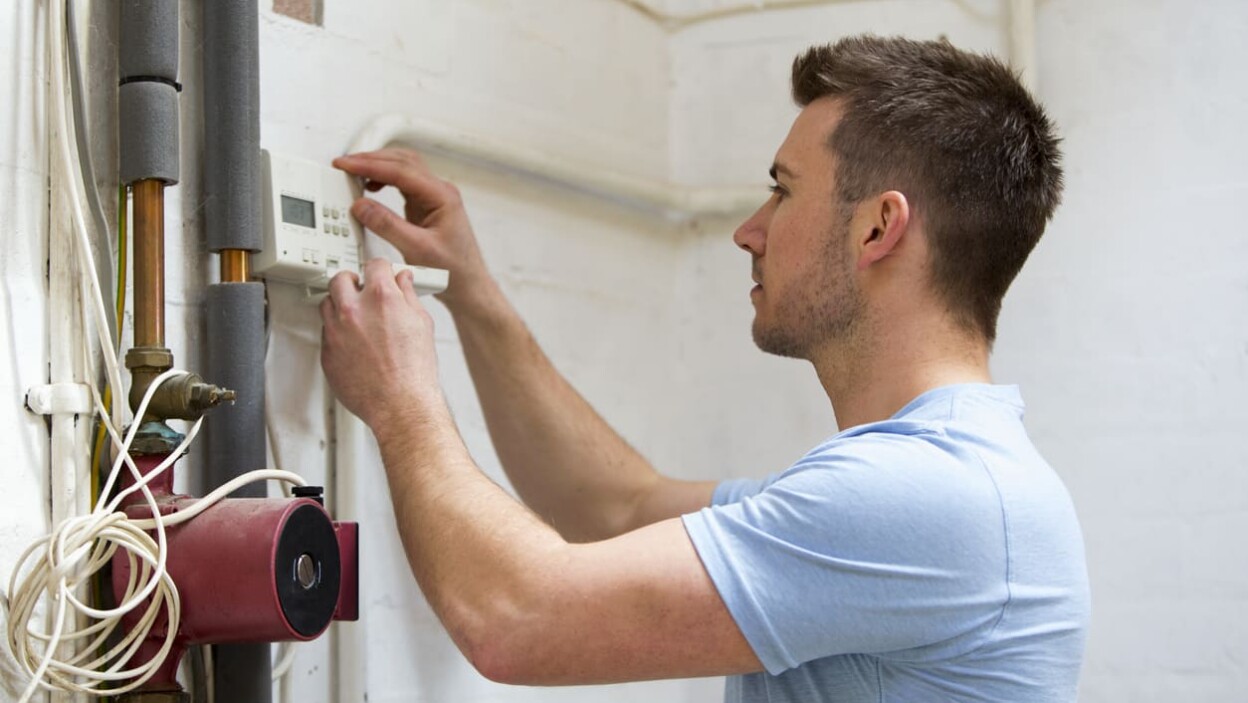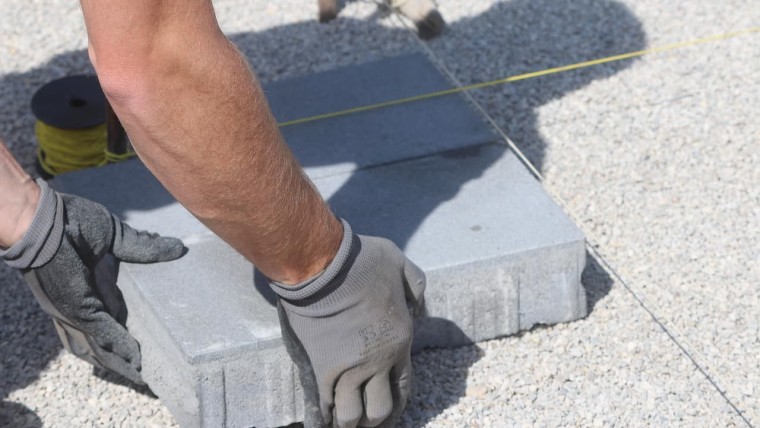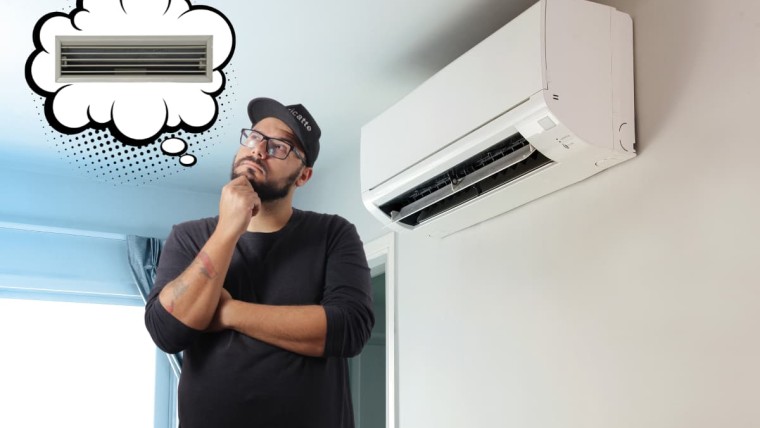The cold season is approaching and you are planning to replace your old heater with a new one. heat pump ! You need a qualified installer, specialized in this field. But among the crowd of candidates, you can quickly get lost. We offer you the relevant criteria to make an intelligent choice:
- Does the installer use refrigeration skills?
- What is the reputation (or e-reputation) of this installer?
- What is the financial health of the company?
- Does the installer have the necessary certifications for quality and state aid?
- Does the installer provide customer references?
- Is the salesperson selling you something too good?
All these points can be part of your checklist to guide you towards a good choice.
The skills of a refrigeration specialist to install a heat pump
As you know, a heat pump is above all a thermodynamic heating that works with a refrigeration circuit. This type of system is complex and not within the reach of every heating engineer.
Therefore, it is important to find out about refrigeration skills of a potential heat pump installer. To do this, you can simply discuss it and judge the answer, or you can check the website for technical information of this kind. Generally, you need to have refrigerant handling skills to be allowed to work with refrigerants. It is often the boss of theheat pump installation company who have this ability, but not necessarily all employees. In Belgium as in FranceAccording to the European regulation, you need a refrigeration certification or a certificate of handling of refrigerants to be allowed to work with them. In SwitzerlandAs specified in the ORRChem, a permit is required to use refrigerants.
In general, it is better if the technicians who are going to intervene in your home are used to working with heat pumps and related issues.
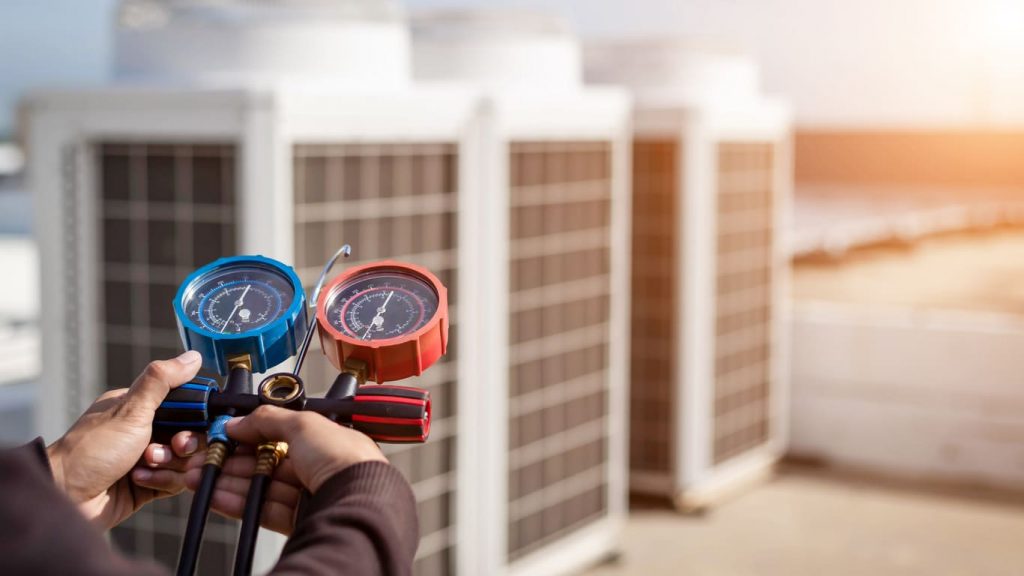
What is the reputation of the heat pump installer?
It is important to investigate the company's image that presents itself to you. The easiest way for you to start is to research its e-reputation, in other words its reputation on the Internet:
Does the company have a Google My Business? Are the reviews positiveand in number? Does the company respond to notices or neglect this part?
Is the company present on Trustpilot or any other review platform ? It's important but don't trust 100% to these platforms. Indeed, it's well known that unhappy customers talk a lot, while happy ones are less vocal. So you'll often have negative feedback, but at least you'll have in advance some negative points and you can anticipate them if you choose this installer. Also, if you pay for a subscription to these platforms, you can manipulate the results a bit, since you can send mass requests for reviews to email lists.
Do a brand search on the most popular search engine in Europe: Google, and look at the first 20 results, if nothing suspicious is found. You might come across some news interesting testimonials on forums, or honest blog posts that speak from experience authentic (yes, it happens sometimes)
What is the financial health of the company?
Of course, you're probably going to be advancing large amounts of money to this company to do a heat pump installation, so it's up to you to carefully check that the company isn't on the verge of bankruptcy!
To do this you need to do your research. The web is full of all this information. Check the company portals to see if you can't find information about the company's turnover or profit and loss for the previous years.
Observe how the company behaves. Are they in a hurry to get your money? It is normal for them to ask for down payments to move forward on the job, but are they measured? 20-30% max at the beginning.
There are sites that list companies and their financial health, such as the COFACEor Creditreform which is international.
Does the heat pump heating installer use labels?
Often, depending on the country, the installer you choose must have certifications or labels for on the one hand have the right to install and on the other hand so that you can benefit from government aid.
Generally, companies put forward these labels on their website. They are also listed on sites that indicate all their labels. For example in France, work with craftsmen RGE QualiPAC, in Belgium the VCA label is essential for safety, quality and reliability. Finally, in Switzerland it is often necessary to have the label PAC System Module so you can get your grants.
Can you refer to existing installations from this installer?
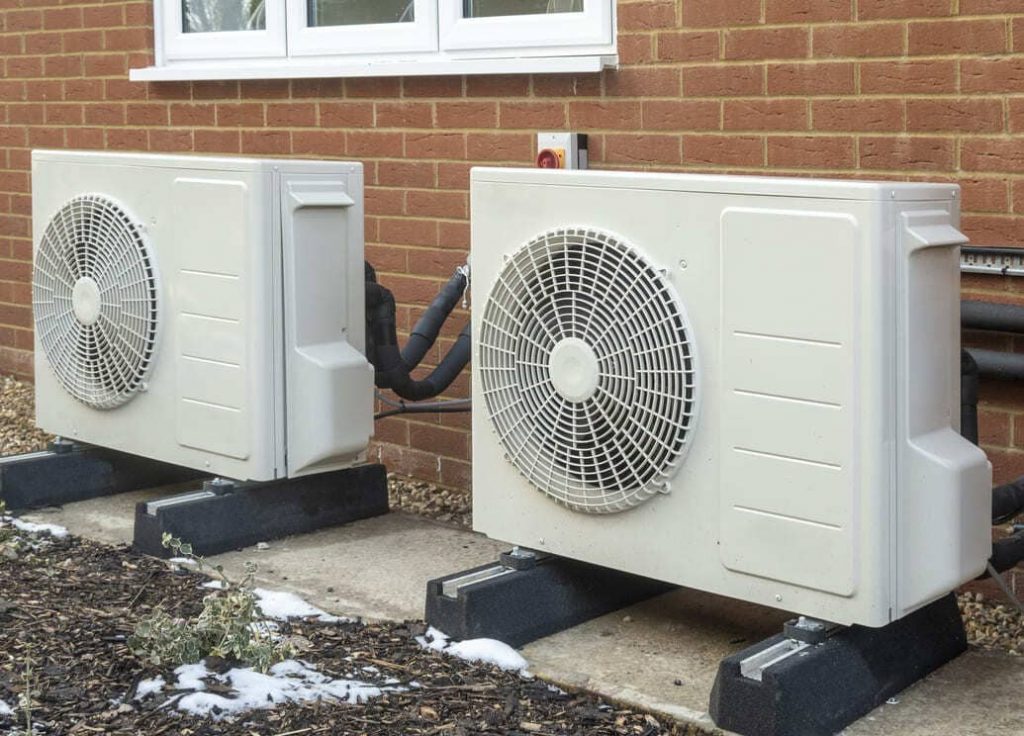
Does your potential heat pump installer present you with installations that went well at customers in your area? Sometimes you can just see it on their website. If not, then ask them directly to give you some photos of non-confidential installations, they always have them. You can then see at a glance what kind of work is being done.
You can even go so far as to ask them to take you on a tour of facilities at witness clients. Often this type of customer agrees, in exchange for a small discount, to be a reference customer and to welcome potential customers for a while to show how the company has worked with them.
By the way this may be a little price negotiation leverage for you 🙂 by the way.
Is the salesman an artist or does he remain rather humble?
We invite you to promote humility of a commercial, and the sincerity that you will feel when you meet him. A salesman who tries too hard (#he_Truth_So_I_Mens) must make you doubt.
Is he trying to sell you savings that are too good to be true? Madam, Sir, your electricity consumption will be close to 0, or even reduced by 70%! Get away from the artists and choose an established company for which you have very few doubts about quality and reliability.
All these criteria are important and should make you aware of them. They are based on experiences authentic and will allow you to Make the right choice for your heat pump installation companywhether it is air-water or geothermal.
NB: this does not mean that you should automatically rule out any start-up company that would make a good impression. However, you know that the risks are higher if any of these criteria are not validated.

Julien G.
Julien, diplômé en ingénierie mécanique et spécialiste en génie climatique depuis 2009, s'est reconverti en rédacteur spécialisé en énergies renouvelables, avec une expertise en pompes à chaleur et panneaux solaires photovoltaïques pour l'habitat individuel.
